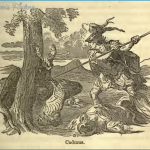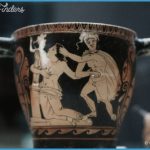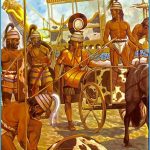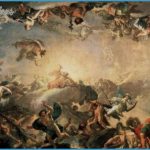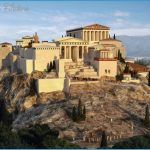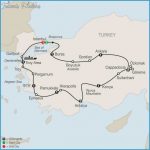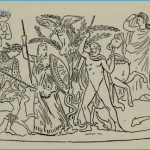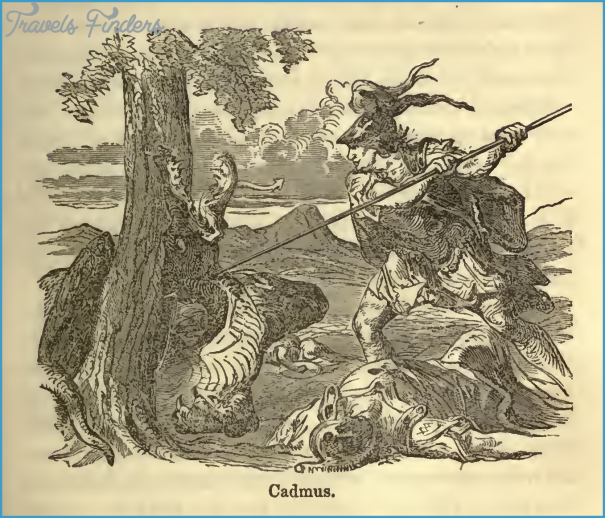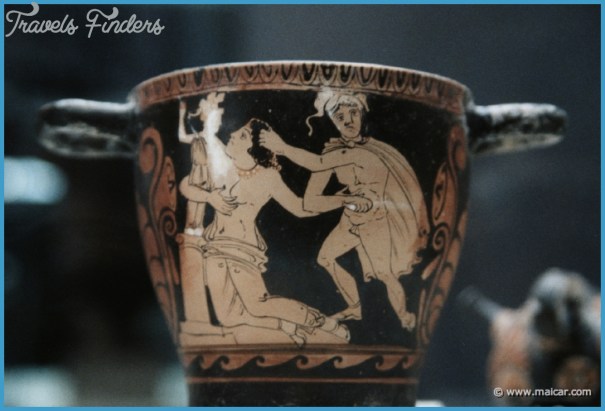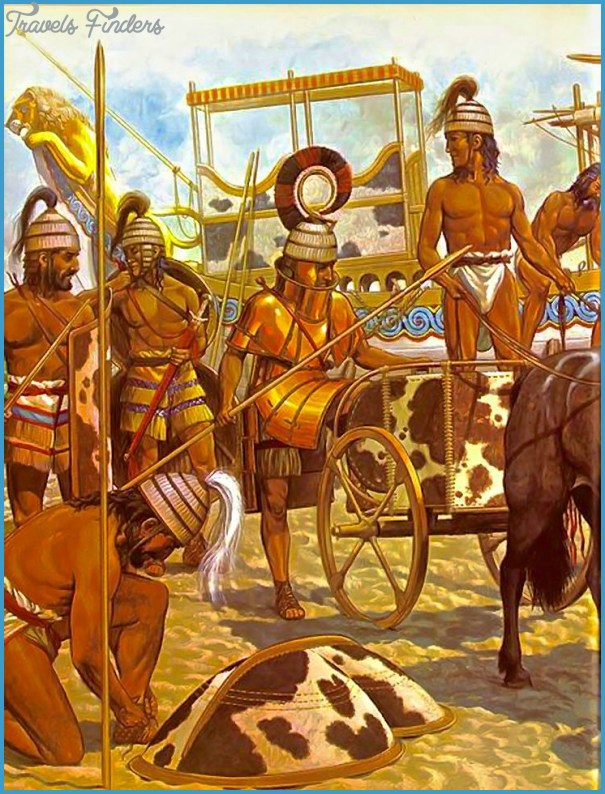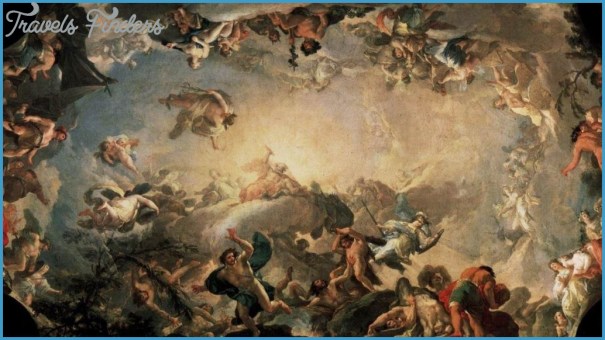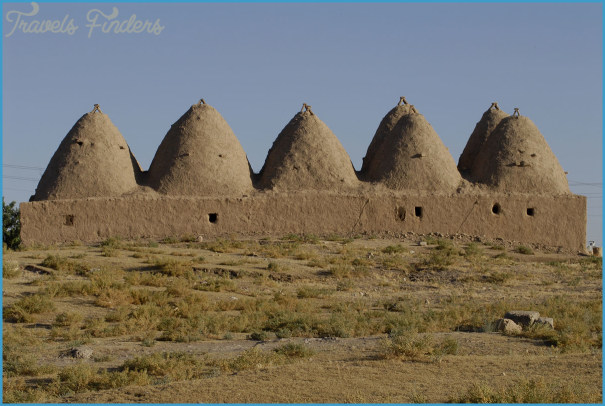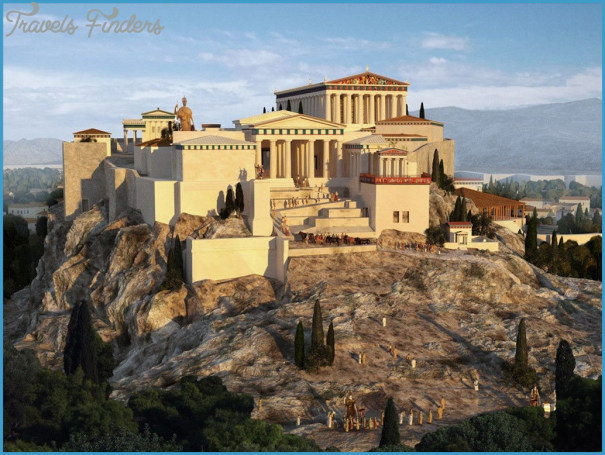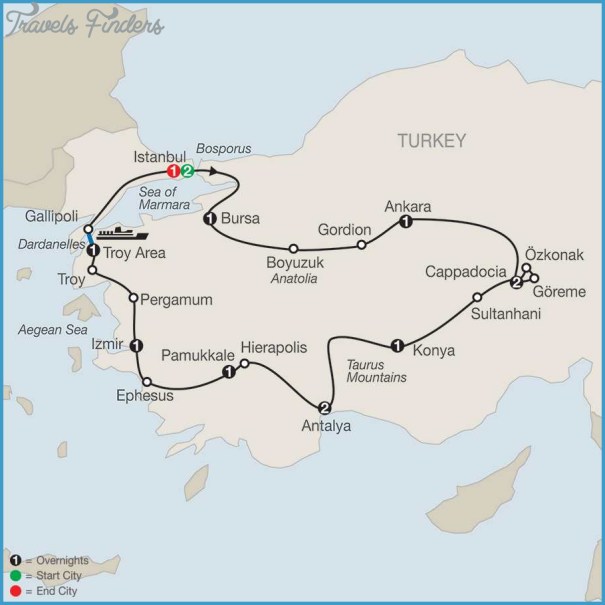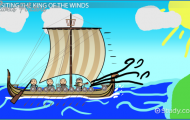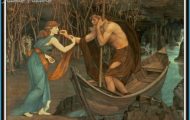And did you then turn traitor, Zeus, betray your temple here at Troy, your altar sweet with incense the wisps of myrrh that rose in fragrance to the sky, the sacred citadel, the Pergamum, the glens of Ida where the ivies cling, the rivers white with melted snow that froth down to the sea and the light that bathes the far horizon with the first pale blush of dawn, this sacred place, this shining, sacred homeland?
Troy: A City Contested by Gods & Men Photo Gallery
Your sacrifices now are gone, gone too the choral liturgy of hymns, the all-night festivals in darkness to the gods, all gone, the icons and the effigies all glittering with gold, yes, even the most sacred relics of them all, the twelve gold moons of Troy. I want to know, Zeus, how I want to know if, as you sit there on your lofty throne in heaven, you care at all as this, my city, is destroyed and fire consumes it.
Euripides, Trojan Women, 1060ff.
Troy today is at once the most evocative and the most sterile of all the great centres of mythology. The site is guarded by a gigantic wooden horse towering in the trees above the coach park, its flank pierced by square windows from which tourists can grin down and wave and have their pictures taken. It is perhaps a fitting introduction to what can seem a soulless site – all cordoned walkways, joyless information boards and a tightly choreographed route that twists relentlessly across deep trenches ripping through millennia of history. It is a place which could well disappoint.
And yet this once was Troy. Stand on the low hill, where the Temple of Athene used to sparkle in the sun; look out towards the far-off Dardanelles, the tankers rippling indistinct and ghostly in the rising haze; imagine that the fertile fields are flooded, that a vast bay bellies close, its shores black, teeming with a thousand ships; think of Achilles as he dragged Hector’s broken body around the sloping walls; think of Andromache weeping for her husband whom she loved more than the world; think of Cassandra, Hecabe and Priam; think of Paris; think of Helen; think of the passions that made all Greece fight for ten years to reclaim her; think of the legends clinging to these stones. And Troy becomes alive.

